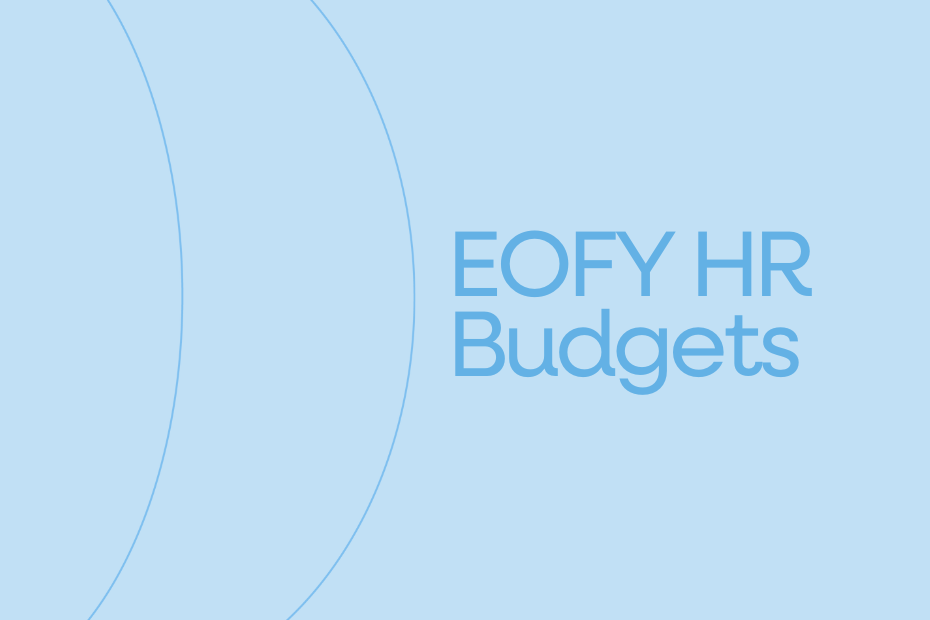HR Budget Planning and Latest Industry Updates
As we near the end of the financial year, now is the time to get ahead and plan for the changes that will impact your FY budgeting. With a number of recent and upcoming workplace reforms, it’s critical to assess how these changes will affect your finances, HR practices, and operational costs.
Recent HR Legislative Changes Likely to Impact EOFY Planning
- Casual Employment Reforms – Casual employees now have the right to request conversion to full-time or part-time roles after 12 months of regular employment.
- Superannuation Changes – Starting 1 July 2025, the Superannuation Guarantee will increase to 12%.
- Changes to the Government Paid Parental Leave Scheme – Employees who have a child or adopt a child from 1 July 2025, will be able to access the increased number of Government paid parental leave days – 24 weeks (or 120 days).
- Workers’ Compensation and Rehabilitation Amendments – Change to workers’ compensation and rehabilitation laws, which will mean increases protections for injured workers and change the processes for claims. This is the chance for employers to review inductions and ongoing training on manual handling and other workplace activities to proactively prevent an increase in workplace injuries.
- Unfair Deactivation or Termination (Regulated Workers or Independent Contractors) – A new avenue for regulated workers comes as a reminder for employers to review their independent contractor arrangements, consider reasons for ending a services contract and what is communicated (and how) when a services contract is ended.
- Increase to the National Minimum Wage and Modern Award Wages – Award or National Minimum Wage paid employees will receive an increase of 3.5% from the first full pay period on or after 1 July 2025.
Key Takeaways & Actionable Checklist
- Revisit (or create) your employee data to check potential casual conversion dates and make sure the permanent employment contracts are up to date and ready to be issued to any casual employees converting to full-time or part-time employment.
- Cash flow planning to ensure Payday Super reforms can be met, as well as the minimum wage increases that will take effect from 1 July, and any likely upcoming casual conversion requests that may come through.
- Review induction and ongoing training on manual handling and other workplace activities to work towards proactively preventing an increase in workplace injuries.
- Review classification levels of employees to ensure no unintended underpayments are occurring.
Conclusion
As you approach the EOFY, now is the time to review your HR practices, ensure compliance with recent updates, and set your business up for the new financial year. By focusing on growth, compliance, and strategic HR planning, you can create an HR strategy that not only supports your business’s needs but also prepares you for future success.
If you’re looking to strategically grow your business proactively, hit reply and we’ll grab a coffee to see how we can best support you and your business.
